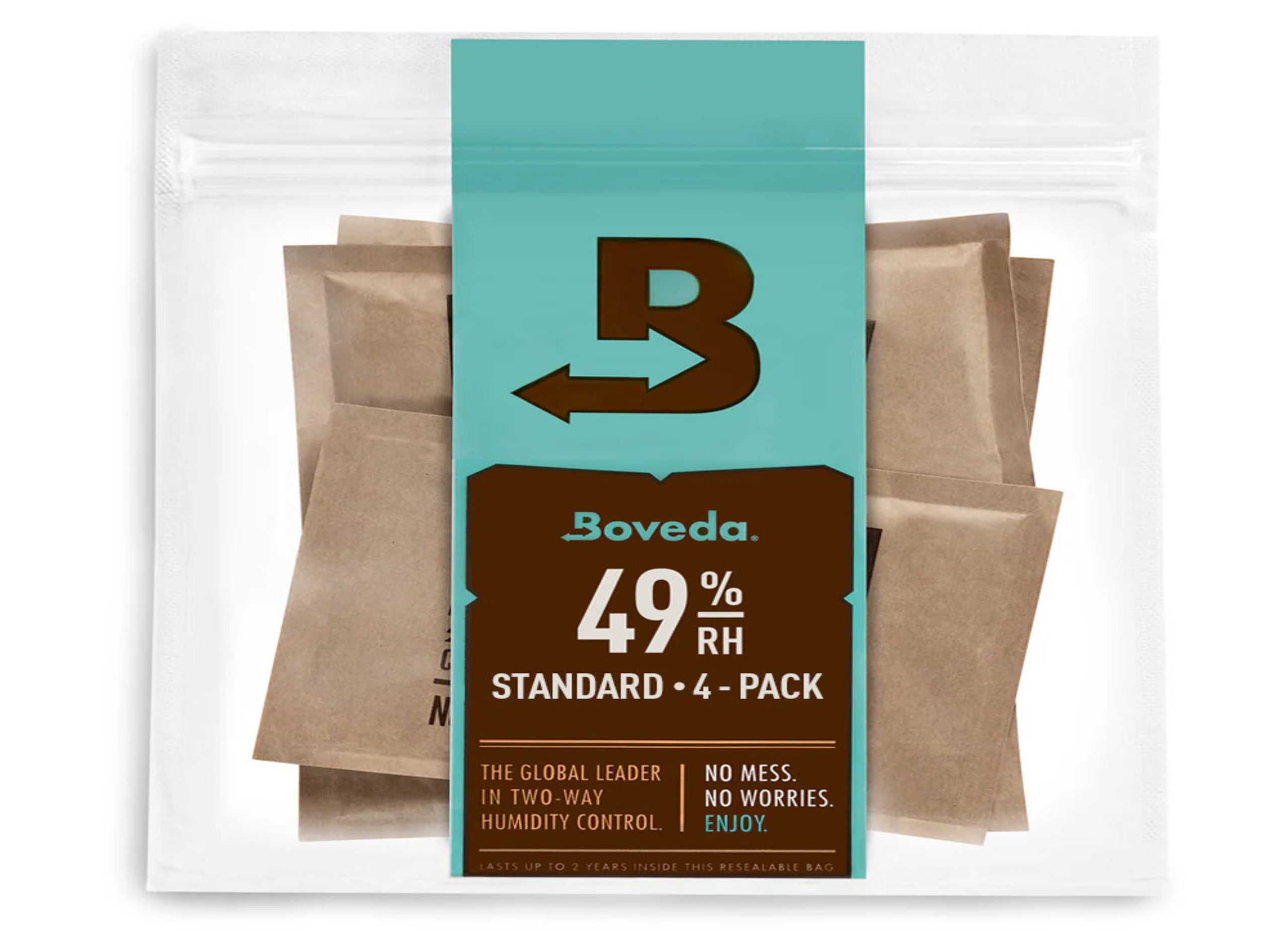Table of Contents
How Long Does Weed Stay in Your System for a Drug Test?
Understanding how long weed stays in your system for a drug test is crucial for many cannabis users, whether for employment screening, legal compliance, or personal knowledge. Detection times vary significantly based on multiple factors, including the type of test administered, frequency of use, and individual metabolism.
Detection Timeframes for Different Drug Test Types
Different testing methods have varying detection windows for cannabis:
Urine Tests
Urine tests are the most common screening method. According to research on urine test detection periods, THC metabolites can be detected for:
- Single use: 3-5 days
- Moderate use (4 times/week): 5-7 days
- Daily use: 10-15 days
- Heavy, chronic use: 30+ days
Blood Tests
Blood tests have a shorter detection window, as cannabis blood test studies show:
- Single use: 1-2 days
- Regular use: Up to 7 days
- Heavy use: Up to 30 days in some cases
Saliva Tests
Oral fluid testing is becoming more common for roadside and workplace testing. Saliva test detection windows typically range from:
- Single use: 24-48 hours
- Regular use: 1-3 days
Hair Tests
Hair follicle tests have the longest detection window:
- Any use pattern: Up to 90 days
These tests don't measure current impairment but rather past exposure to cannabis.
Factors Affecting How Long Weed Stays in Your System
Several key factors influence how long weed remains detectable in your system:
THC Concentration
Higher potency cannabis products with greater THC content typically result in longer detection windows. Concentrates and high-THC strains can extend detection times significantly compared to lower-potency options.
Consumption Method
How you consume cannabis affects detection timeframes:
- Smoking/vaping: Faster onset, potentially shorter detection period
- Edibles: Slower metabolism, potentially longer detection window
- Concentrates: Higher THC content, typically longer detection periods
How Usage Frequency Impacts Detection Windows
The frequency of cannabis use significantly impacts how long it takes to pass a drug test:
First-Time or Occasional Users
Those who rarely consume cannabis typically clear THC metabolites faster:
- Urine: 3-5 days
- Blood: 1-2 days
- Saliva: 24-48 hours
Regular Users
Weekly users face moderate detection windows:
- Urine: 5-10 days
- Blood: 3-7 days
- Saliva: 1-3 days
Heavy, Chronic Users
Daily or multiple-times-daily users experience the longest detection periods:
- Urine: 30+ days
- Blood: Up to 30 days
- Saliva: Up to 7 days
This extended timeframe occurs because THC is fat-soluble and accumulates in fatty tissues over time with repeated use, releasing slowly back into the bloodstream.
Metabolism and Physical Factors That Influence Detection
Individual physical characteristics play a significant role in how quickly cannabis clears your system:
Body Composition
Since THC is stored in fat cells, body composition affects detection times:
- Higher body fat percentage: Longer detection windows
- Lower body fat percentage: Potentially shorter detection windows
Metabolic Rate
A faster metabolism generally results in quicker processing and elimination of THC metabolites. Factors affecting metabolic rate include:
- Age: Younger individuals typically have faster metabolisms
- Physical activity level: Regular exercise can increase metabolic rate
- Certain health conditions: May slow or accelerate metabolism
Hydration and Diet
While not dramatically changing detection windows, proper hydration supports overall metabolic function. Similarly, dietary habits can influence how quickly your body processes and eliminates cannabis compounds.
Strategies for Passing a Drug Test
If you're facing a drug test and have consumed cannabis, several evidence-based approaches may help:
Natural Detoxification
The most reliable method is allowing enough time for natural elimination:
- Abstinence: Stop consuming cannabis products completely
- Hydration: Maintain proper fluid intake (without overhydrating)
- Exercise: Regular physical activity may help mobilize stored THC
- Healthy diet: Focus on fiber and nutrients that support liver function
Testing Considerations
Understanding test specifics helps with preparation:
- Know the test type: Different tests have different detection windows
- Timing matters: Morning urine typically contains higher concentrations of metabolites
- Be aware of cutoff levels: Tests have specific thresholds for positive results
While many detox products claim to help pass drug tests, scientific evidence supporting their effectiveness is limited. The most reliable approach remains abstinence for the appropriate detection window.
Safety Considerations and Best Practices
When dealing with cannabis and drug testing, keep these important considerations in mind:
Legal and Employment Implications
Despite increasing legalization, many employers still maintain drug-free workplace policies. Understanding your rights and the potential consequences of a positive test is essential.
Health and Safety
Proper storage and handling of cannabis products is crucial, especially in households with children. Safety regulations for packaging help prevent accidental ingestion by requiring child-resistant containers for cannabis products, similar to requirements for medications and household chemicals.
Accurate Information
Rely on scientifically-backed information rather than myths about quick fixes or guaranteed detox methods. Understanding the science behind drug testing helps make informed decisions.
The most reliable approach for passing a drug test remains abstaining from cannabis for the appropriate period based on your usage pattern and the specific test type. While various factors can influence detection times, the frequency of use typically has the greatest impact on how long cannabis remains detectable in your system.











Leave a comment
All comments are moderated before being published.
This site is protected by hCaptcha and the hCaptcha Privacy Policy and Terms of Service apply.